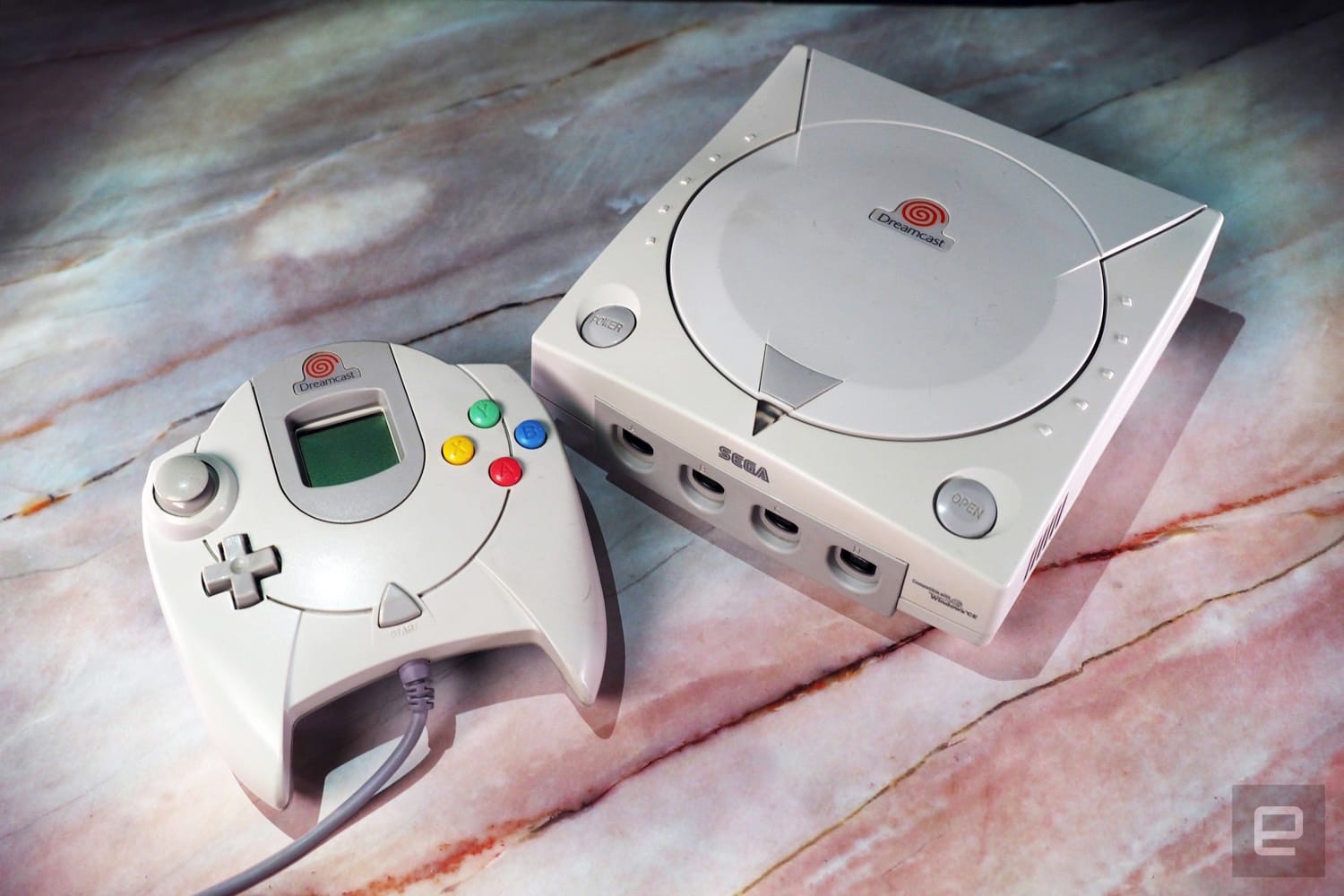
20 Years of Dreamcast: Readers Look Back on Sega’s Final Console
Engadget fired up in 2004, so we missed the ascent (and fall) of the Sega Dreamcast by a couple of years. Despite everything we've secured the organization's good and bad times over the previous decade and a half (and can hardly wait for the Sega Genesis Mini not long from now). The present the twentieth commemoration of the Dreamcast's discharge in North America, so we requested that perusers compose an audit to reveal to us what they miss most about the reassure. This is what they needed to state about the games they adored, the highlights that intrigued them and the framework's hidden potential.
Hardware
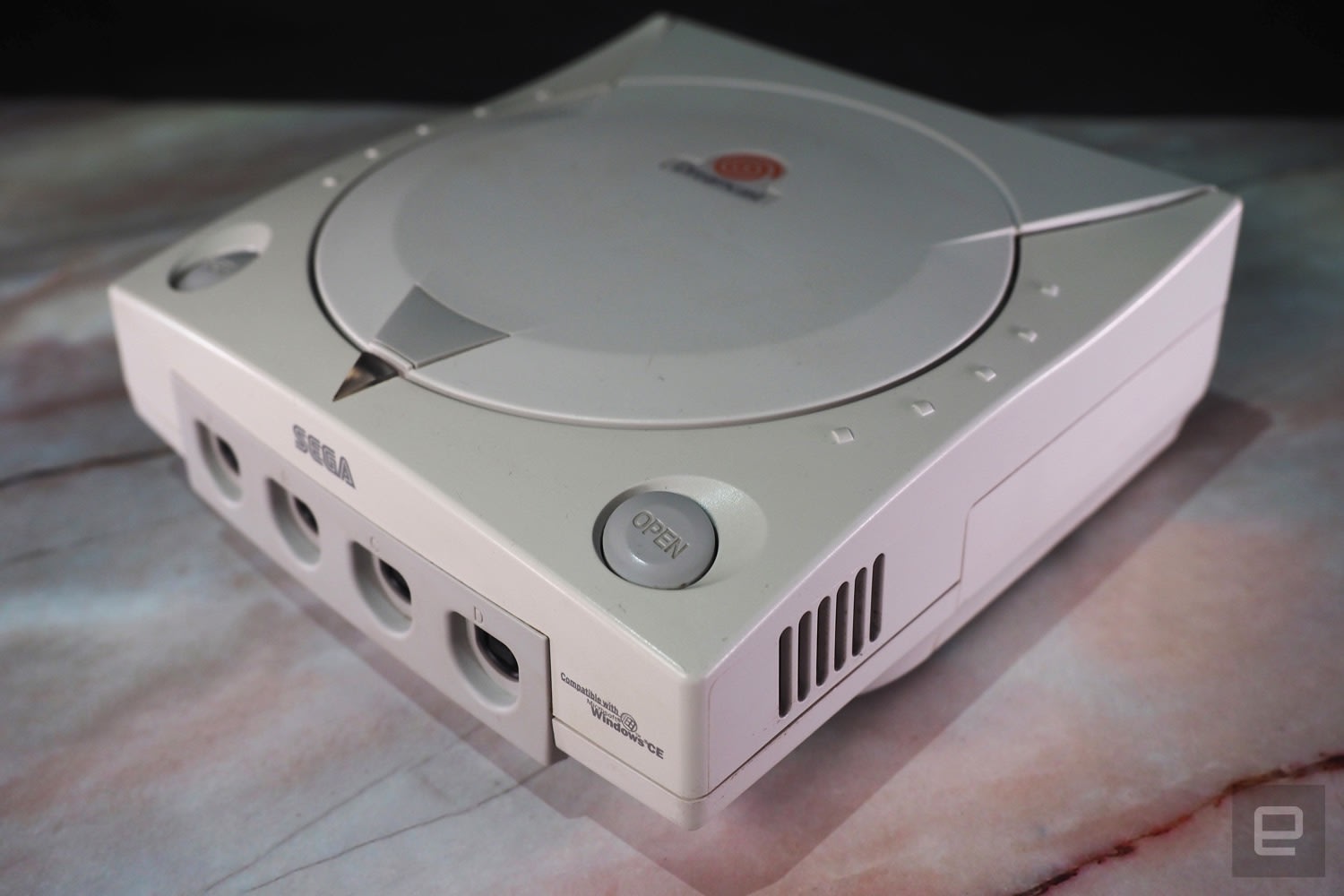
Clients were attached to the Dreamcast equipment - explicitly the plenty of peripherals, alongside the locally available LAN and CD playback. Jarcoz said that "the console, mouse and VGA box - and the simple online access - made this support a gigantic advance ahead and crossed over any barrier among PC and reassure gamers." Mooney felt the "combination of cutting edge designs, arrange network and progressive controllers" put the framework "relatively revolutionary."
Mooney likewise called attention to that "perhaps the best element of the Dreamcast was that it was so natural to utilize homebrew content," however "this may likewise be in part in charge of its destruction since it made it simple for clients to privateer games over P2P systems." Pashpaw considered it to be a positive, saying that "the reassure's firmware underpins CD playback as well and later Dreamcasts can stack in homebrew games for Windows NT easily."
Visual Memory Unit
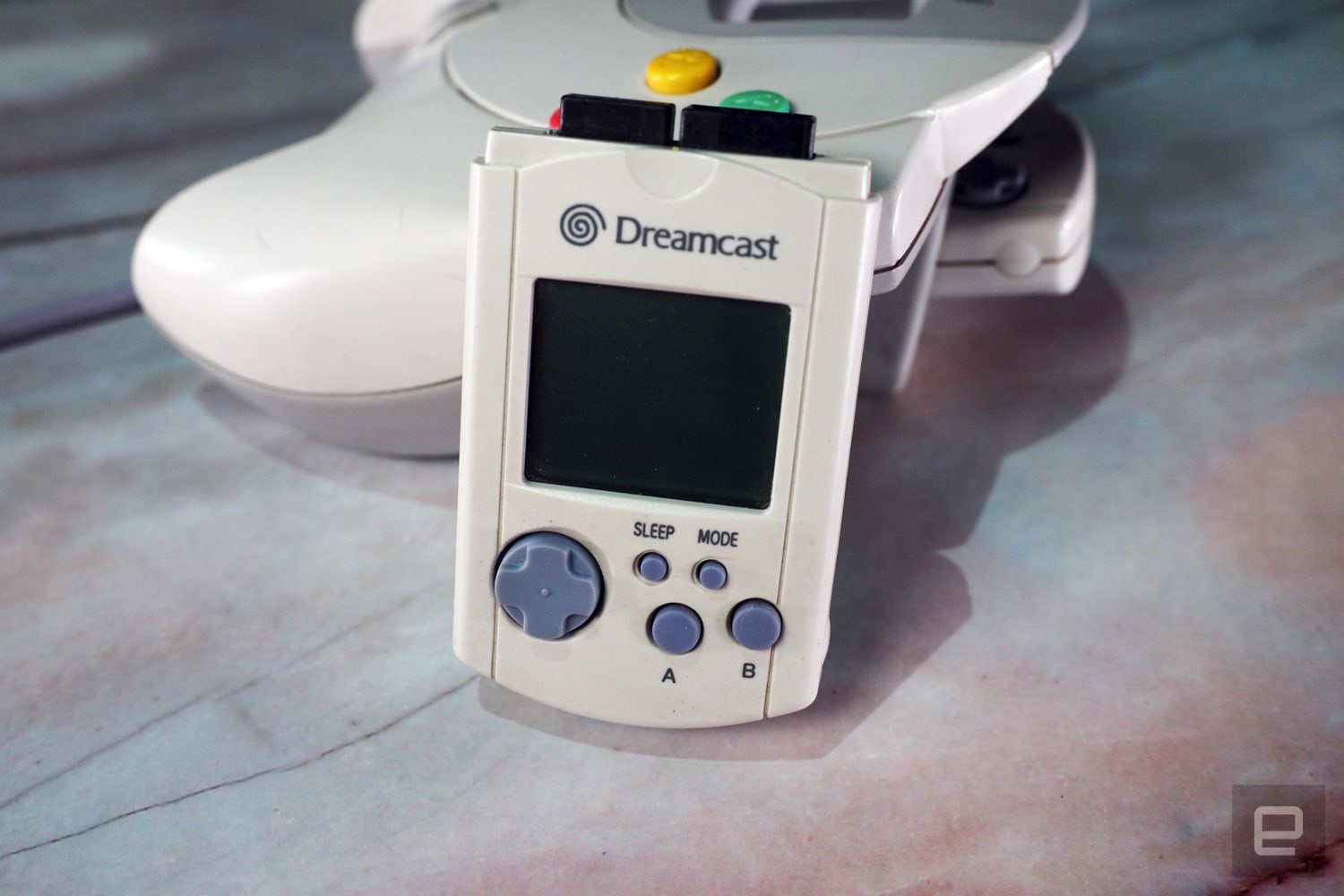
One of the Dreamcast highlights fans referenced the most was the Visual Memory Unit (VMU) which, as Tatsumaki clarifies, "enabled Dreamcast proprietors to view game information on their controllers just as convey smaller than usual games alongside them that integrated with the comfort parent game." Nathan said the VMU's "capacity to be played once expelled from the controller was extremely intriguing, however not very many games really exploited this component." An alternate client named Nathan called attention to that they "made an immense [difference] for a game like NFL2K as the memory cards permitted you the capacity to view and pick your play on them." Jeremy said the "cool highlights like the VMU spare trucks, total with inherent screen minigames" was something that recognized the Dreamcast as a gaming framework. Brett was progressively suspicious, saying he found the memory card framework "somewhat odd and the cards were somewhat thick."
Controllers
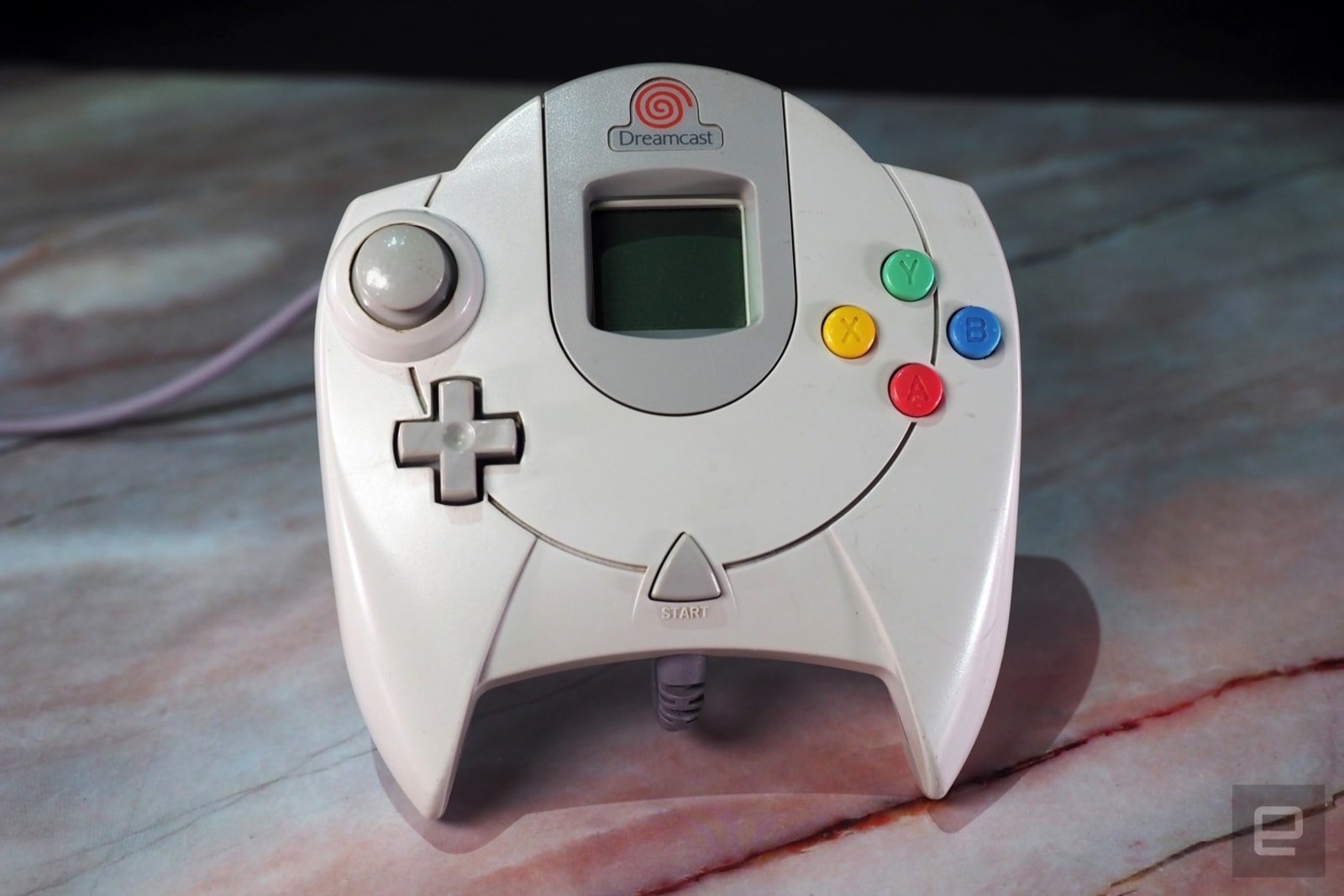
With regards to those particular, spaceship-formed controllers most of the perusers were shockingly for them. Pashpaw said the gamepads "were inventive for the time with the two spaces in the controller for an extension," Kasper called them epic and Kenshin11 said they were "something different." Joe thought the "controllers were dope, particularly certain games that used the touchscreen type thing you could join to the controller," and Nathan discovered them "exceptional and shockingly decent in the hand." Kenvan19 called themselves "one of the crazy individuals who completely adored the Dreamcast controller enough that when the Xbox Duke turned out, it was my most loved because of its closeness."
There was one dissident: fourfour44. They felt it "proceeds with Sega's custom of awful structure and the Dreamcast controller is the most exceedingly terrible of the most noticeably terrible, the parallel grasps on the back promptly strain your wrists and the face catches have their letters scratched into them, making them harsh and unbalanced to press."
Graphics
When it went to the gameplay, numerous clients had positive things to state about the designs - Nathan called the framework "next level, for now, is the right time," and said that even today the visuals hold up. Brett found "the activity to be constantly smooth, and the material science appeared to be preferred on this reassure over in games on the PS2." And CLIFFosakaJAPAN was "awed with the illustrations and execution of the Dreamcast after playing my first group of games." He includes that he "thinks it was the first occasion when that I believed I could never need to plunk down quarters (or 100 yen coins) at the game arcade until kingdom come
Games
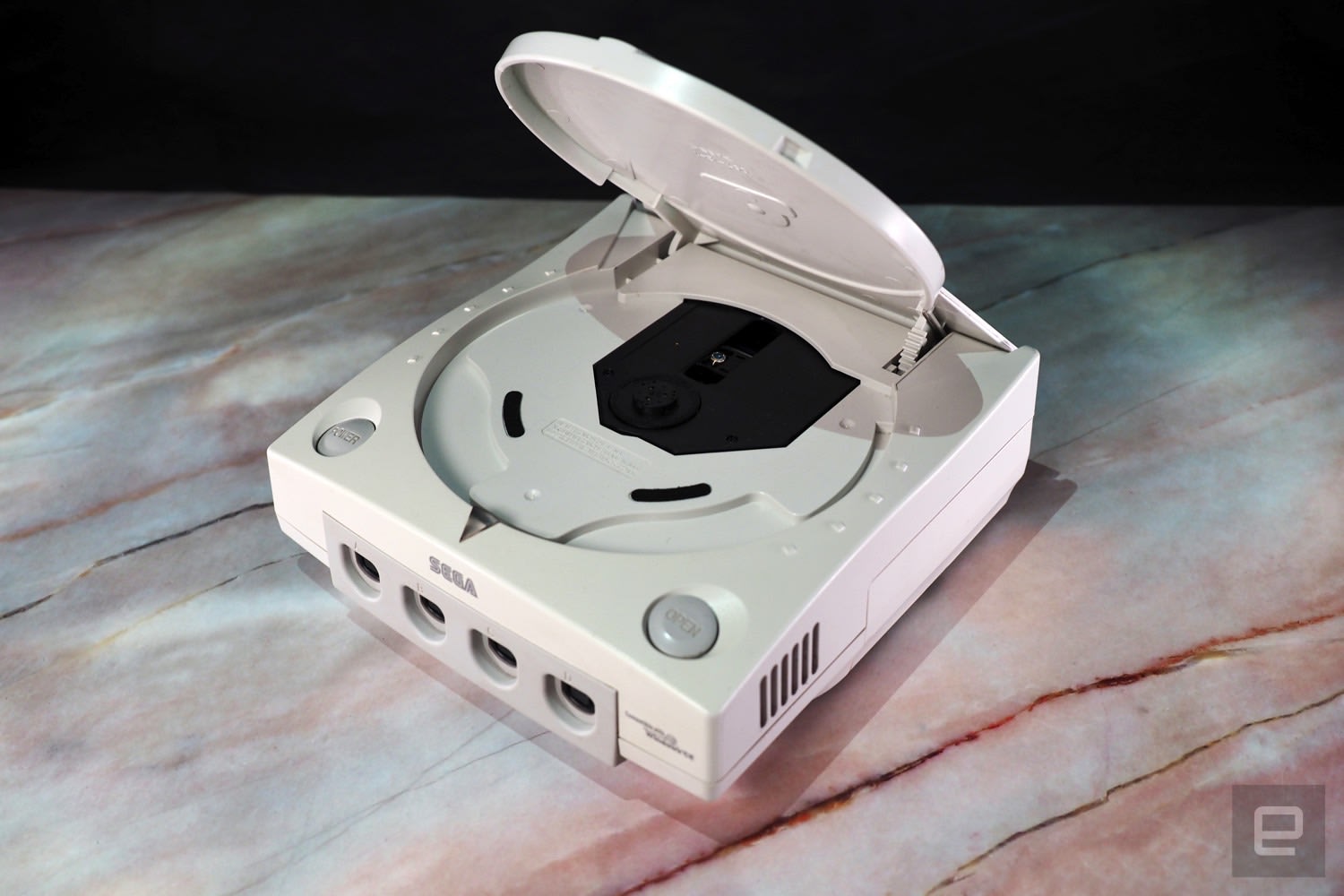
Everybody, and I mean, everybody needed to rave about their most treasured Dreamcast titles - clients concurred here was the place reassure truly exceeded expectations in picking up long-lasting fans. Bradley said he "truly delighted in the assortment of games on the reassure regardless of its short life expectancy," PashPaw said that the framework "turned out with a pack of first-party games that despite everything I acknowledge right up 'til today," and Jeremy called the Dreamcast lineup "unbelievably imaginative and aggressive."
Games that clients affectionately recollected included Chu Rocket, which Bradley said was one of his top picks and Idlemind said is "shockingly extremely amusing to play as a gathering." Shenmue was referenced by no less than five clients (edex67 called the game "totally splendid"), and Power Stone was one of Kenshin11's top choices, with Nathan likewise lauding it as an "extremely one of a kind interpretation of the class." Other titles habitually referenced were Crazy Taxi, Jet Set Radio, Marvel versus Capcom, Sonic Adventure, Ready 2 Rumble Boxing, Quake and Toy Commander among many, numerous others. The client agreement is that the games hold up just as the framework has; Andrew said they're as yet fun today, given the number of restrictive games and new games as yet being discharged for the support. Kasper was seeking after re-arrivals of Power Stone 2 and Jet Set Radio while Lodmot called attention to that the Dreamcast library keeps on developing "because of the homebrew scene and the committed fanbase that it has." Joe, who still claims his Dreamcast, will at present break it out to play when companions come over.
Numerous clients additionally had musings on why the reassure didn't or proved unable, prevail at last. Bradley, who felt the Dreamcast never arrived at its maximum capacity, imagined that "Sega could have publicized more, worked out another controller structure and bolstered the fluctuating peripherals accessible." Kenvan19 said the main thing they could ding the framework for was that it "was at that point passing on at the time I got it so the games library was not even close to what Playstation or Nintendo had at the time."
This was resounded by Mooney who said "inability to convey select discharges on any must-have games immediately destined it to indefinite quality," and Lunarcloud who said their solitary issues with the Dreamcast were the absence of a subsequent simple stick and "the short life expectancy of the framework restricting the game library. Some truly fascinating games halted advancement on the grounds that the framework was dropped."
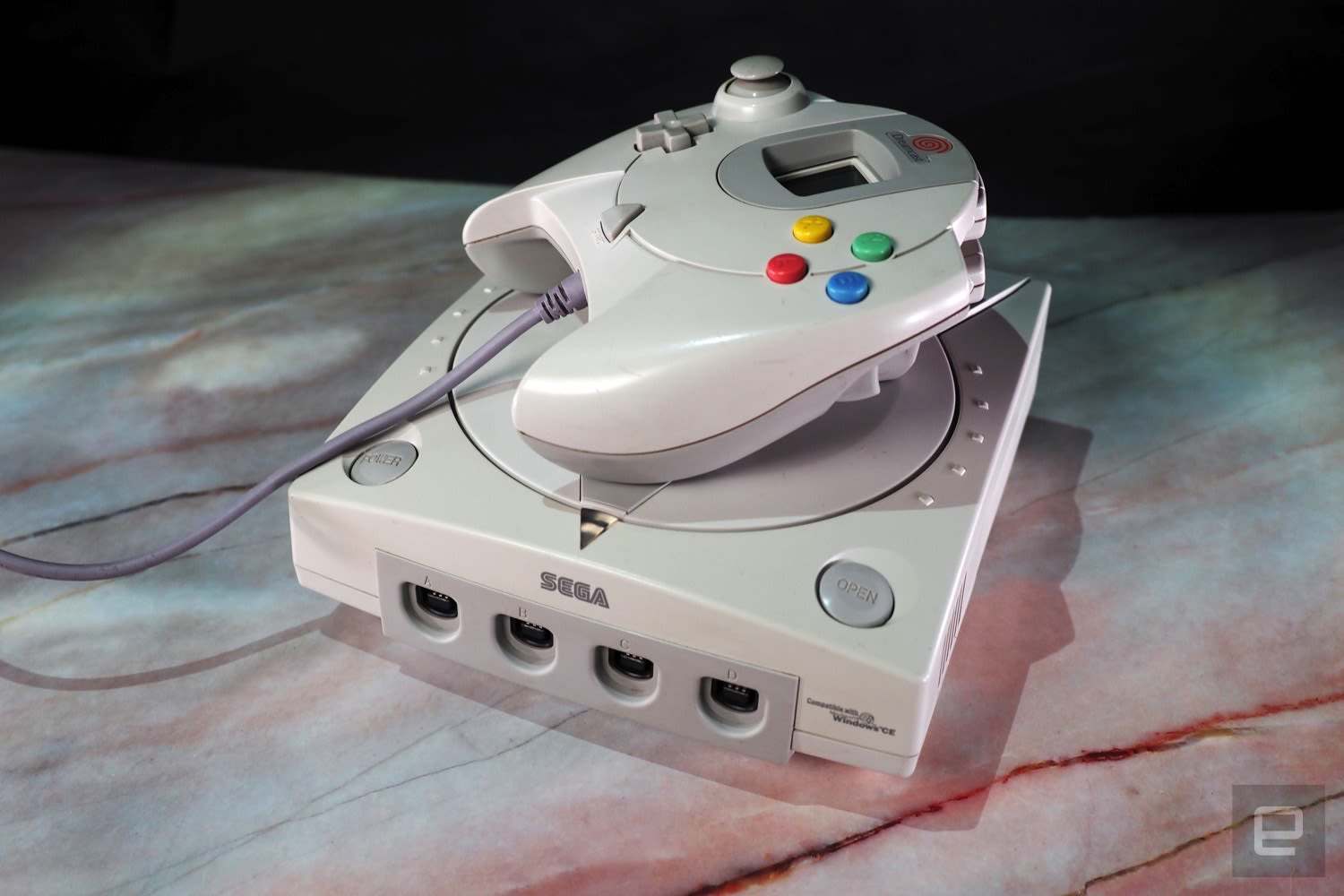
In any case, numerous clients felt affection and sentimentality for their Dreamcast: Kasper considered it the "last incredible reassure," Dorian said it was "the last computer game support I truly cherished," and Michael scored it an 11 out of 10, as he'd "let this comfort characterize my adolescence again, regardless of how miserable that sounds." Joe called it "one of the more underestimated frameworks at any point made," and Pashpaw said that not exclusively is it their most loved Sega support it "merits all the adoration and wistfulness that I give it."
Idle mind said that in addition to the fact that they still make the most of their Dreamcast reassure, yet when his companions' children come over "they more often than not request to play it over the Xbox." Jarcoz said it was "a long way in front of everything else," a supposition that was shared by edex67 who pronounced it an "absolute necessity possess support for anybody, paying little respect to current comfort loyalties." And Lunarcloud summed it up pleasantly by calling the Dreamcast "the last incredible home reassure from Sega, and the fans just won't let it kick the bucket since it's matured great."
Sega Dreamcast








0 Comments